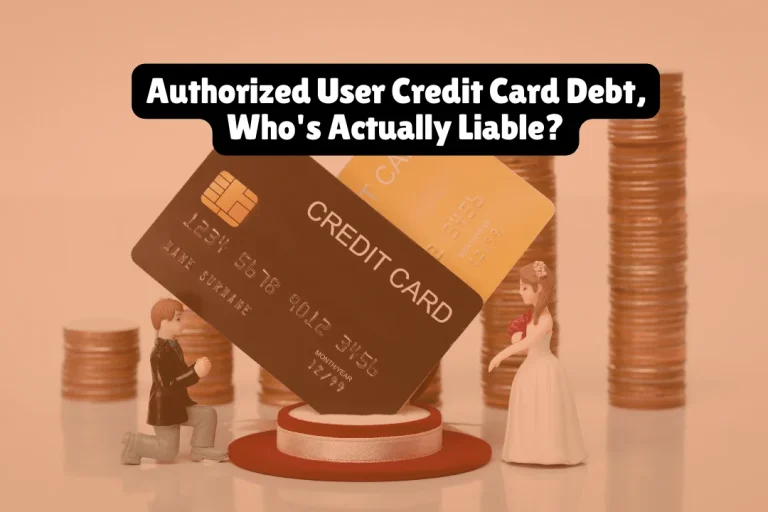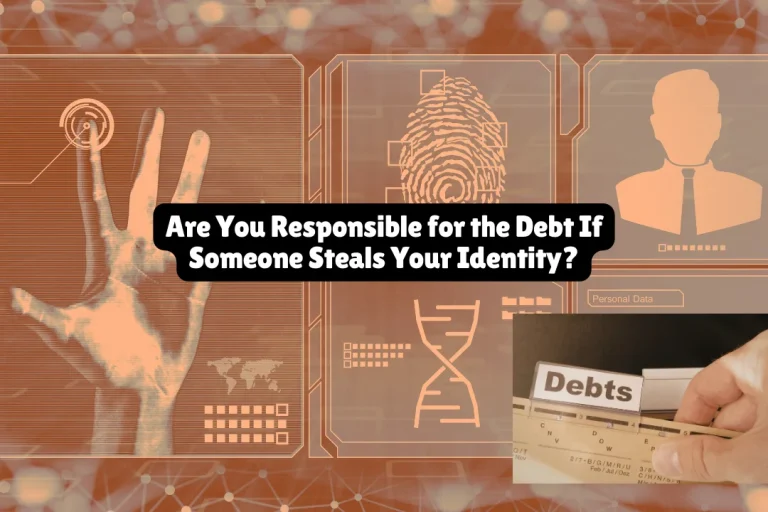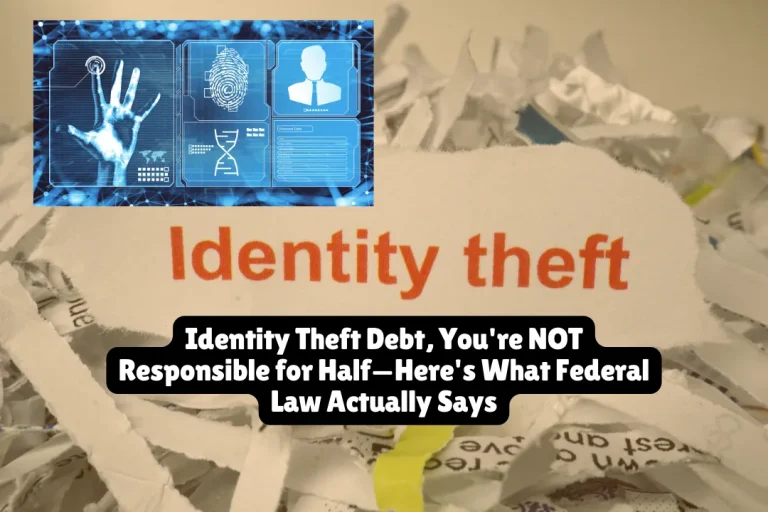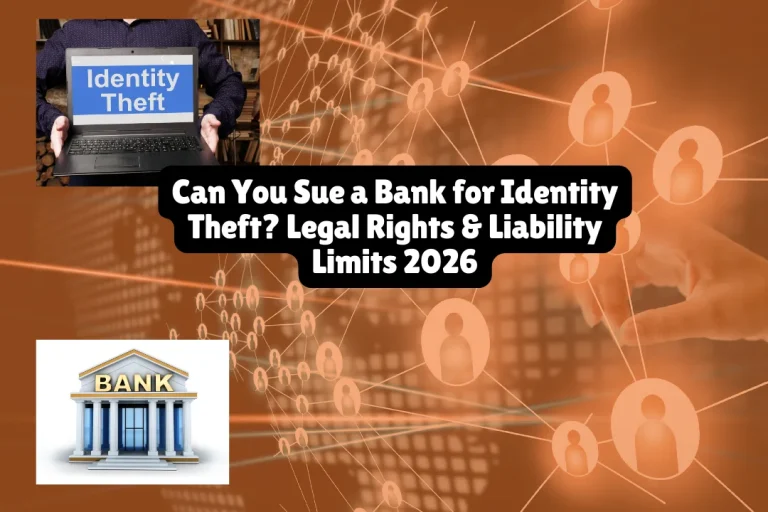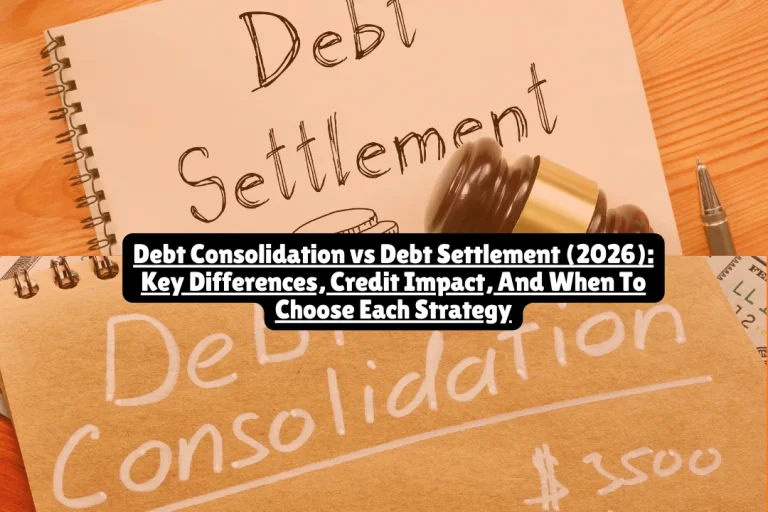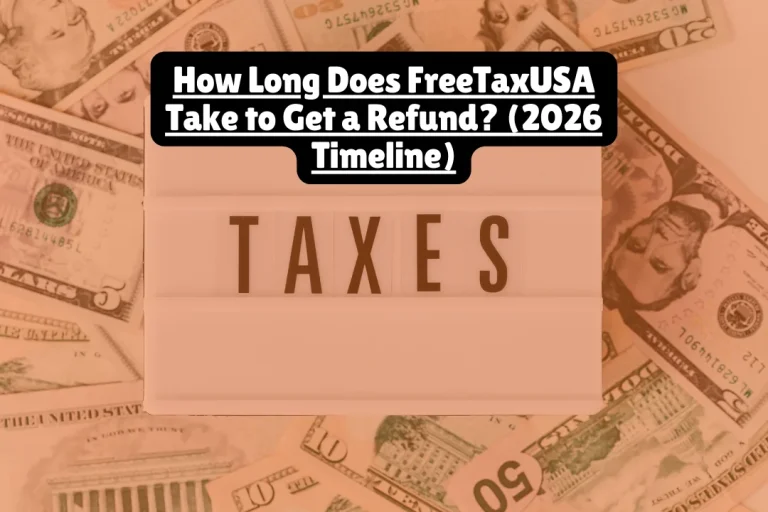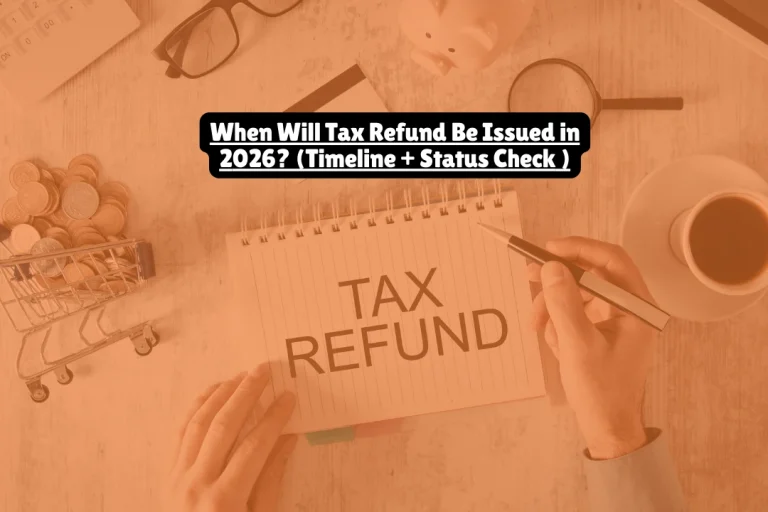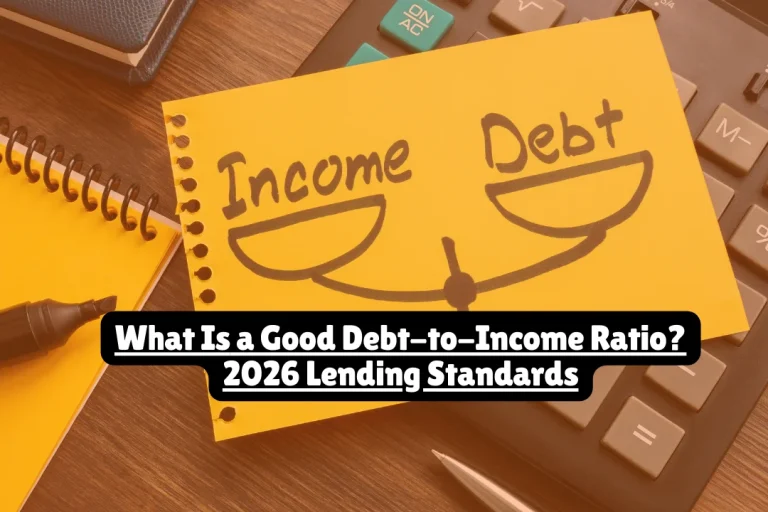Authorized User Credit Card Debt, Who’s Actually Liable?
The Primary Cardholder Pays—Not the Authorized User The primary cardholder, who opened the account and agreed to the card’s terms and conditions, is solely responsible for paying off any balance on the card, regardless of who made the charges. Being an authorized user generally does not obligate you to pay the debt. This federal protection…

